Cook, Clean, Plan: A case for more gender-responsive policymaking
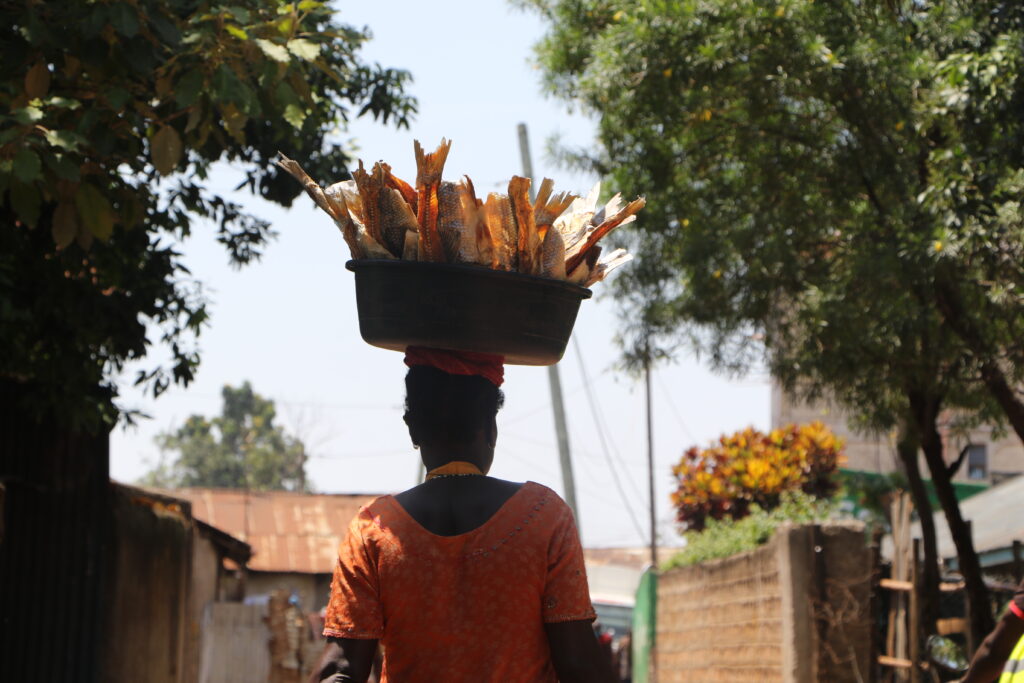
Michelle Mbuthia, Communications Officer at the African Population and Health Research Center discusses her personal experience of gender inequality and unfair distribution of domestic labor during the Christmas season in Kenya, and the need for candid discussions and collective efforts to challenge and change traditional gender norms and create a more equal society.
Are women programmed to think less and do more?

Meghan Malaatjie, a Masters in Science, Epidemiology, Candidate, Faculty of Health Science, School of Public Health, University of the Witwatersrand, South Africa reflects on the gender norms she learned in childhood, her personal experiences with these norms, and the impact on her career, and aspirations to address gender inequalities as a public health professional.
Can AI Have Its Cake and Eat It? Reducing Bias in AI Models May Not Always Be Desirable

What are the ethical dilemmas of trying to create unbiased and representative algorithms of women and men impacted by epidemics as a data scientist? Learn what Amelia Taylor has to say about it.
AI Research and COVID: Journeys to Gender Equality and Inclusion
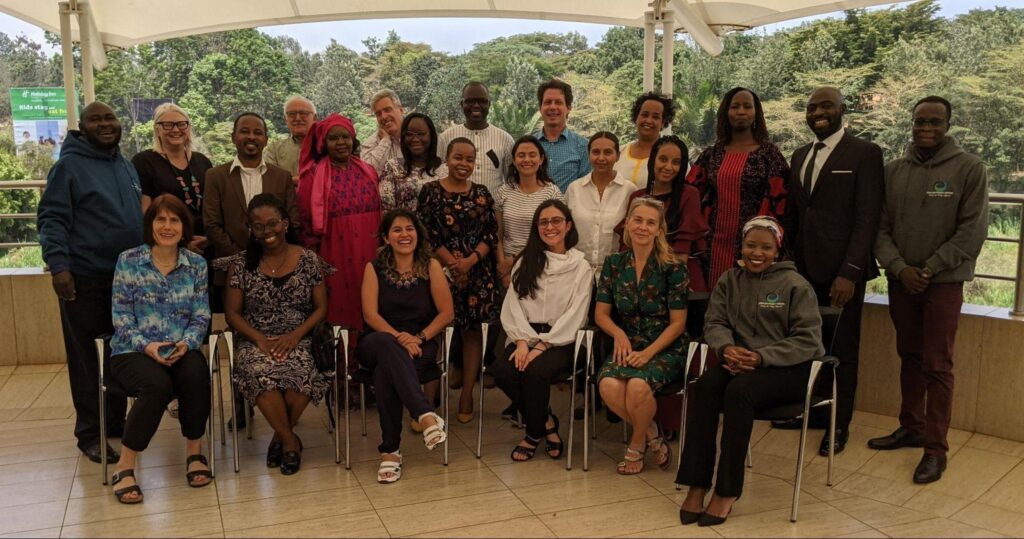
The AI Research and COVID: Journeys to Gender Equality and Inclusion series goes deep into this question through stories of experiences of, and efforts to tackle, gender inequality and exclusions.
Building pride and purpose in passing on skills to the next generation in Tunisia
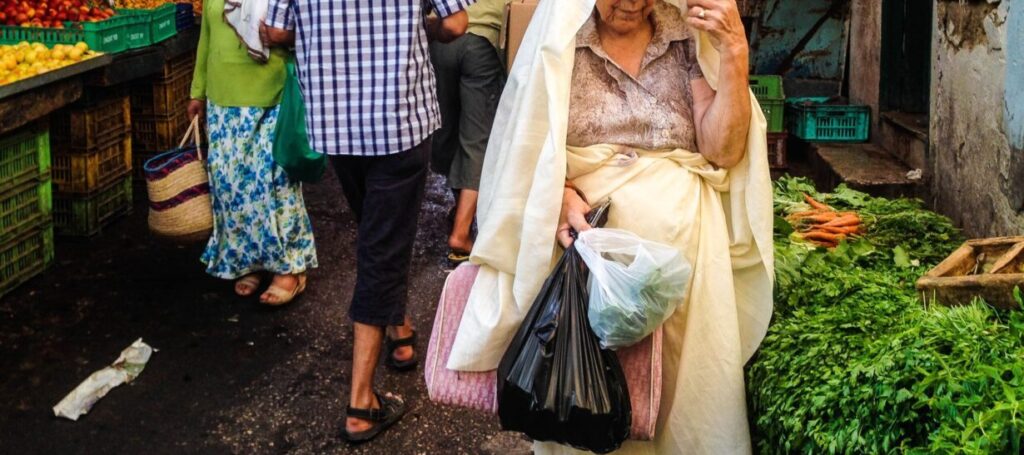
In 2022, Kadirat launched an intergenerational initiative to enhance the social and economic resilience of impoverished older womxn by sharing their skills in traditional Tunisian handicrafts with younger, unemployed womxn.
Introducing madeleine kennedy-macfoy
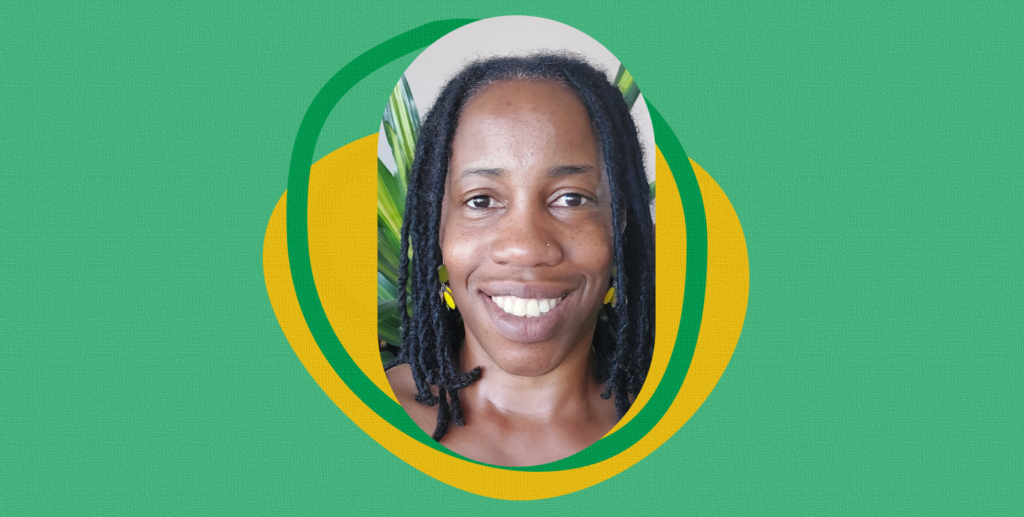
The same day in March that the World Health Organisation (WHO) declared the COVID-19 outbreak as a global pandemic, my Gender at Work colleagues and I were in a meeting room in Hyderabad. Oblivious to this fact, we were diligently planning for what promised to be a busy year for the next phase of the Project funded by Oak Foundation. After successfully executing phase 1 of the project, our first larger collective planning session for the second phase was scheduled for April 2020. We drafted a broad agenda to be finalized after our discussion with Civil Society Academy (CSA), co-grantee in this project. Needless to say, things did not go as we had planned.
Reflections on the Transgender Day of Visibility

The same day in March that the World Health Organisation (WHO) declared the COVID-19 outbreak as a global pandemic, my Gender at Work colleagues and I were in a meeting room in Hyderabad. Oblivious to this fact, we were diligently planning for what promised to be a busy year for the next phase of the Project funded by Oak Foundation. After successfully executing phase 1 of the project, our first larger collective planning session for the second phase was scheduled for April 2020. We drafted a broad agenda to be finalized after our discussion with Civil Society Academy (CSA), co-grantee in this project. Needless to say, things did not go as we had planned.
Episode 21: Are Feminist Leadership Transitions Feminist?
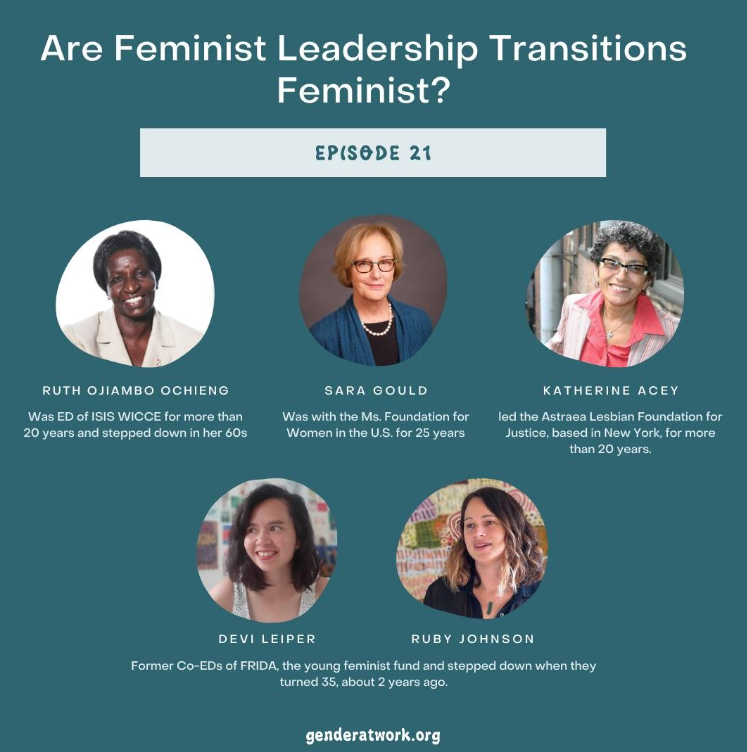
We just completed the seminal month for women’s rights globally – worldwide celebration of International Women’s Day on March 8th, innumerable events worldwide for Women’s History month in the United States, and the 66th UN Commission on the Status of Women (CSW) recently concluded. Women’s rights and feminist organizations and movements are the drivers of change for gender equality yet, the question of how feminist organizations grow and thrive, the tensions they experience between principles and how those get practiced, and around how power is exercised are really topics at events like the CSW. In our last episode, we interviewed three founder leaders of feminist organizations and for this episode, we talked with a group of fierce feminist leaders who invested their hearts and souls in four very different organizational contexts over the past 30 years.
Episode 20: Feminist Leadership Transitions
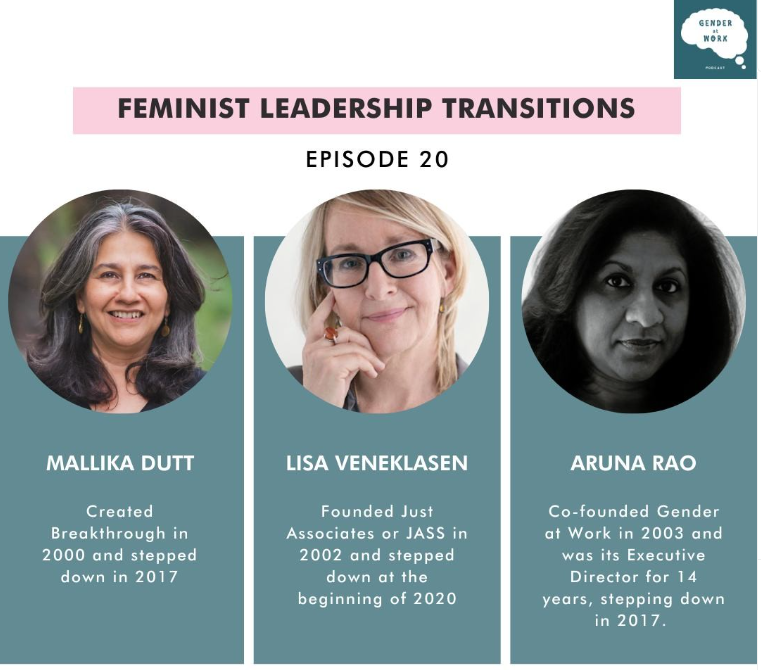
In our last episode we talked about the challenges of dismantling patriarchy and promised that our next episode would start to unpack different strategies to topple patriarchy. We have chosen to focus first on how leadership transitions happen and what happens to the leaders who choose to leave. There is a generational shift in leadership of feminist organizations around the world and we can see that these shifts happen differently in different contexts. They represent a way in which we both wrestle with and challenge patriarchy.
Feminists Leading Change: Women in Leadership Roles
Despite some progress in the workplace in the last few years, gender stereotypes are still entrenched in our societies and workplaces. Gender norms, stereotypes and socio-cultural practises can still be very restrictive for women’s participation in the workplace. Currently, women make up less than 10% of executive directorships in FTSE100 companies. Research shows that for women to aspire to rise to leadership positions, role models are vital.




